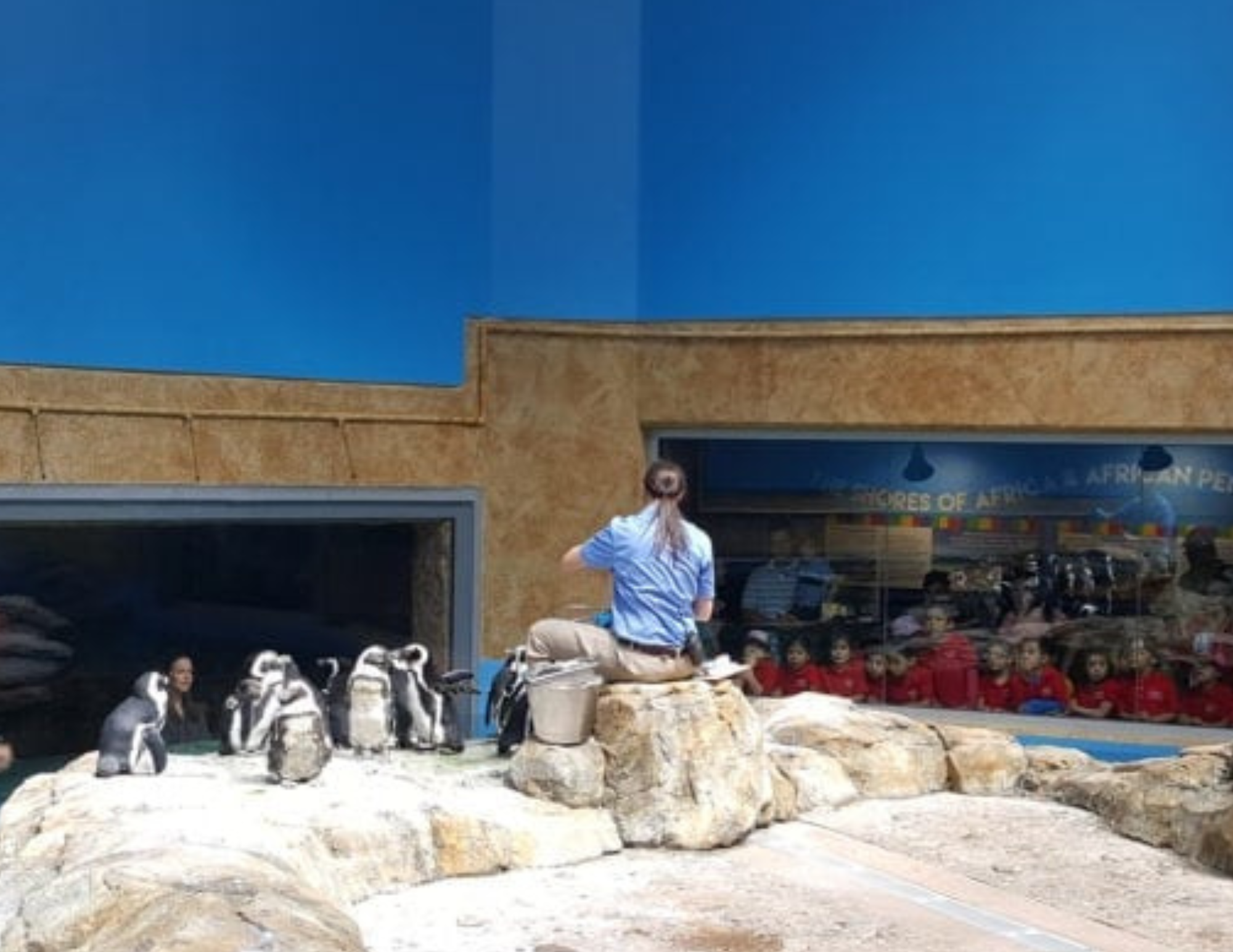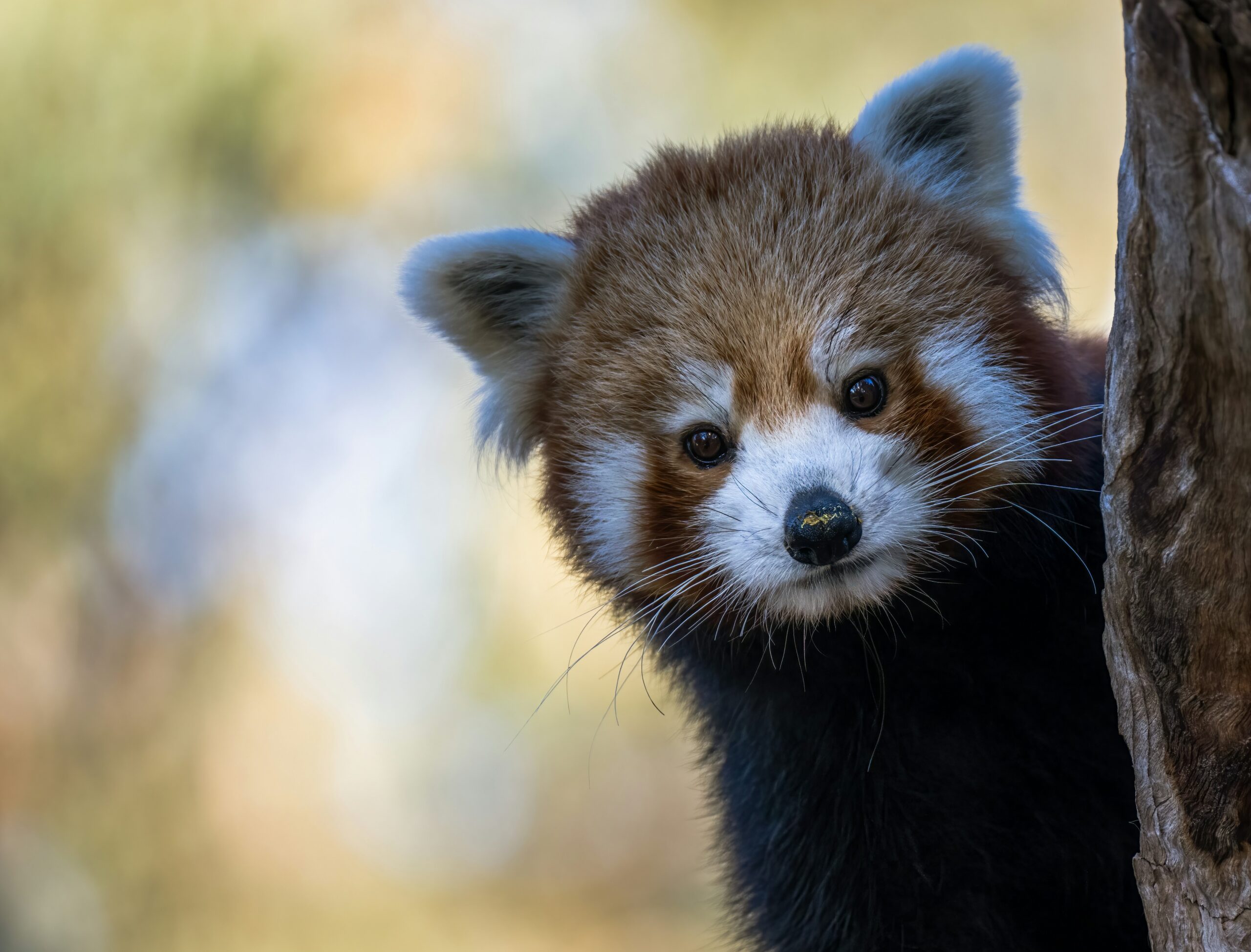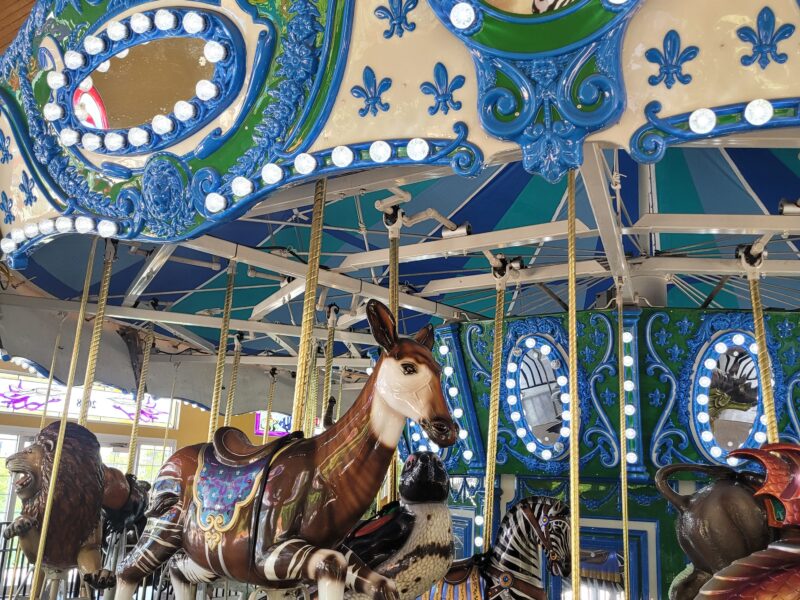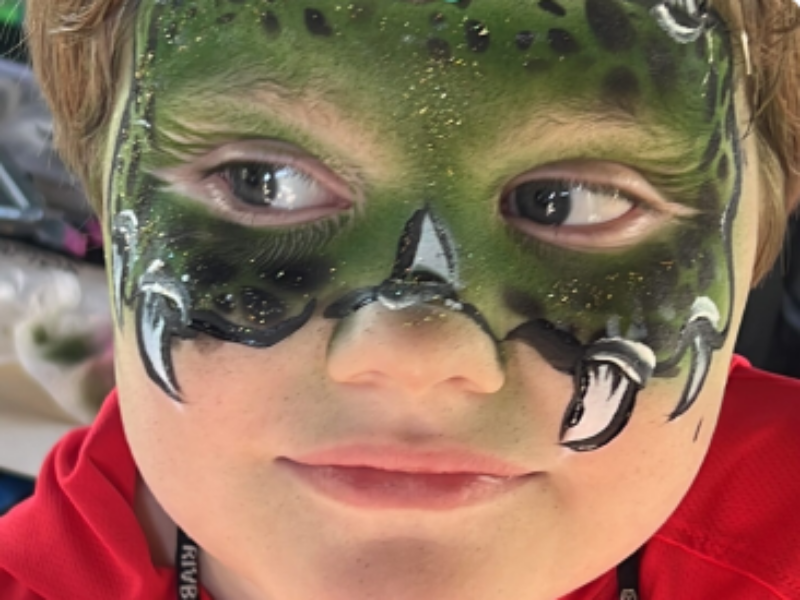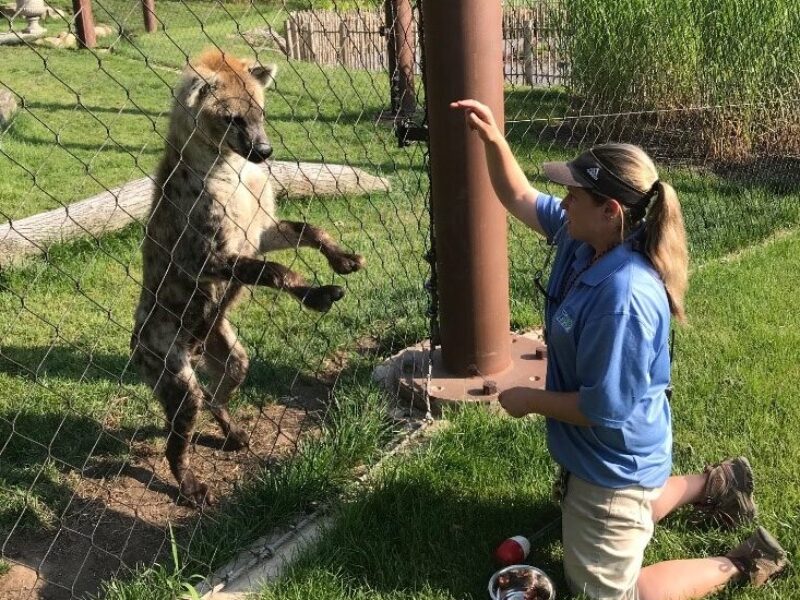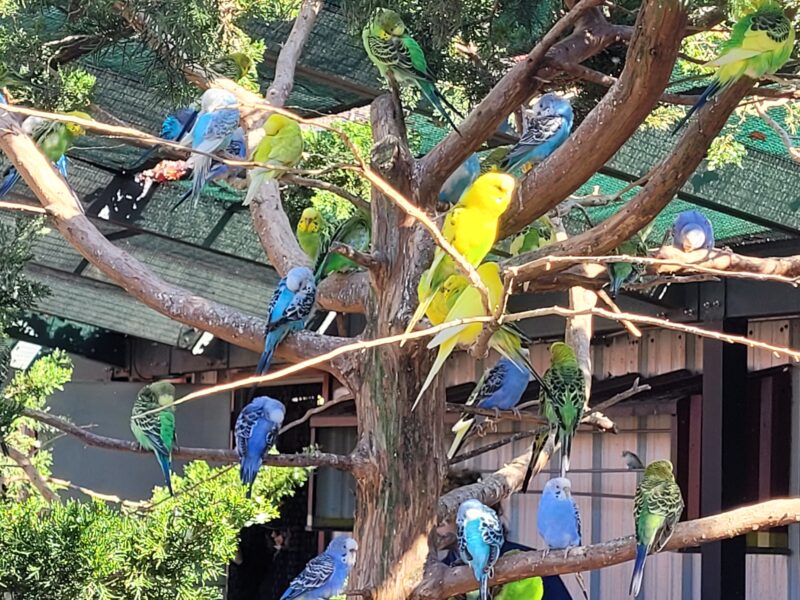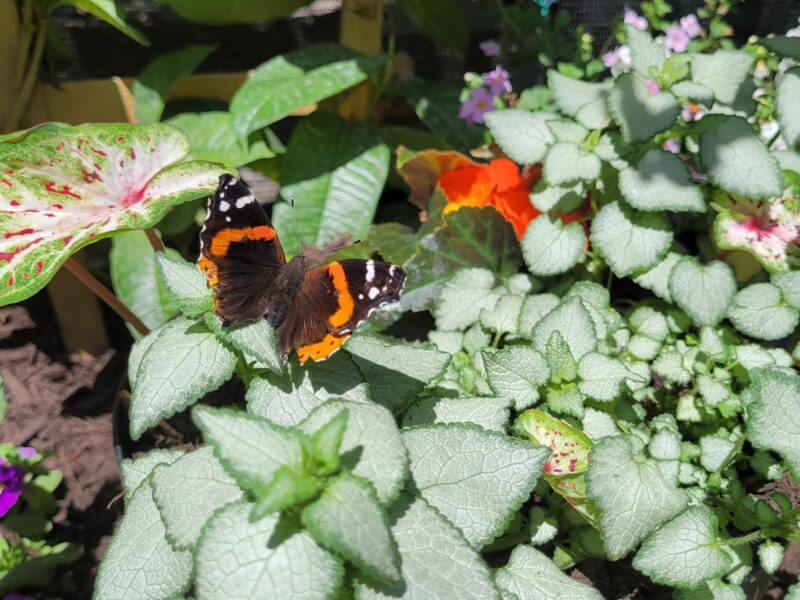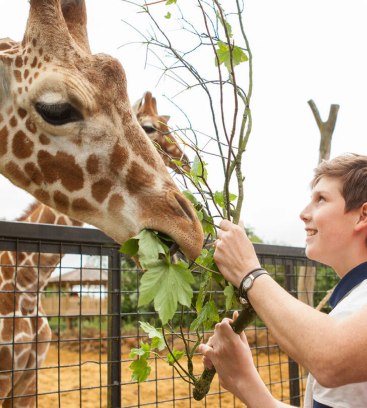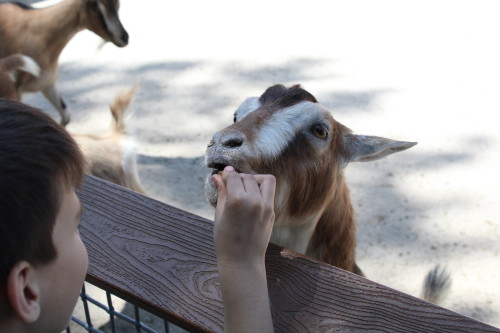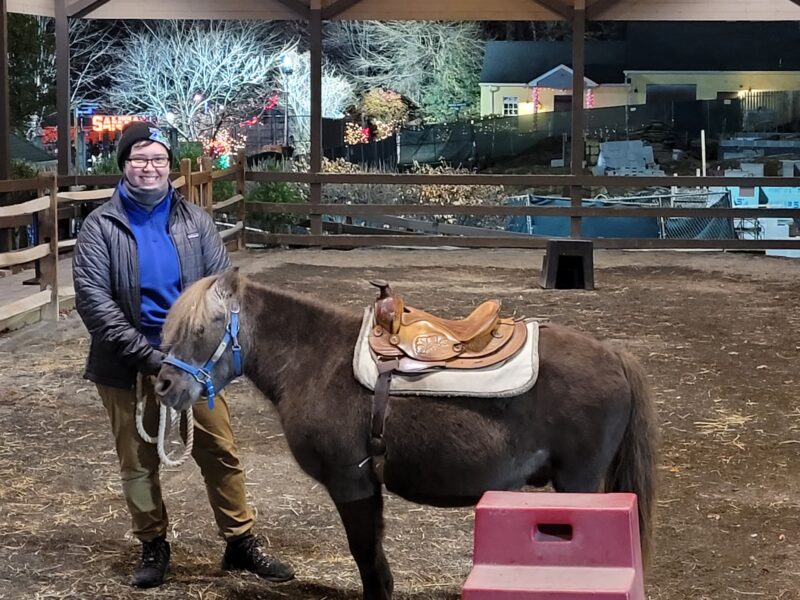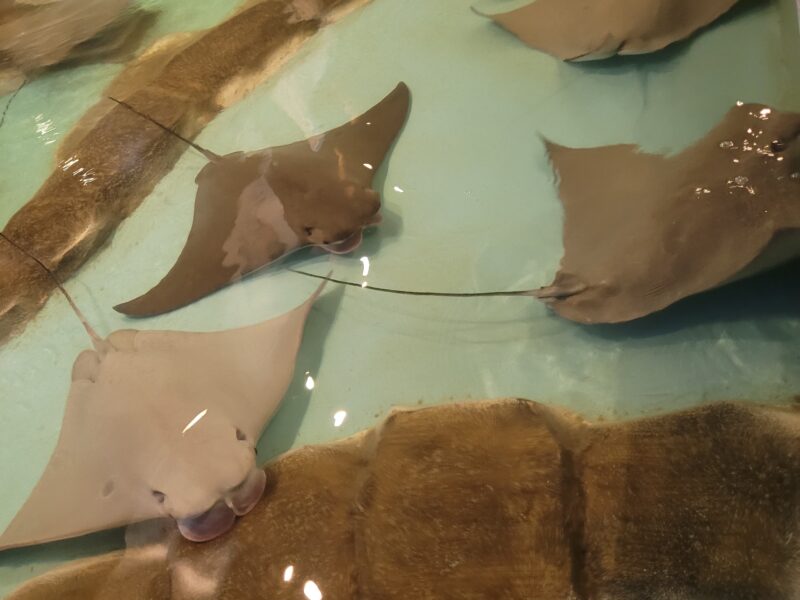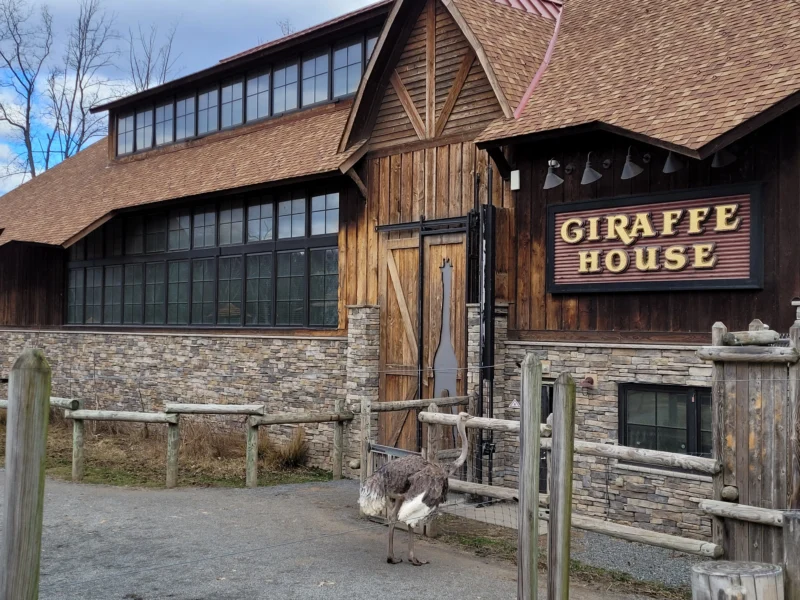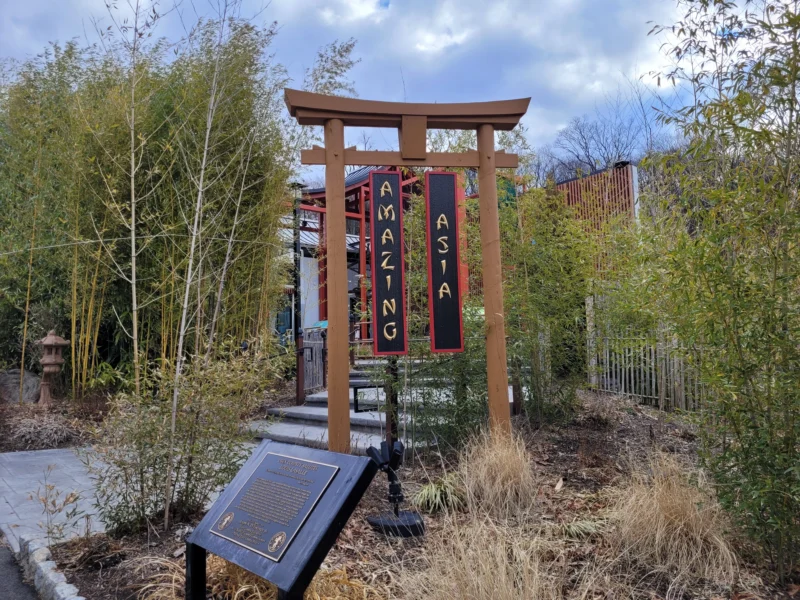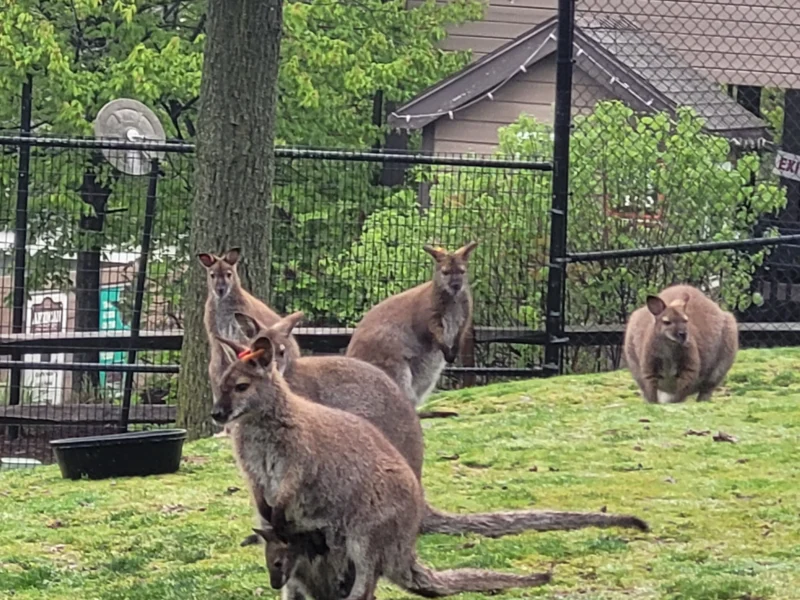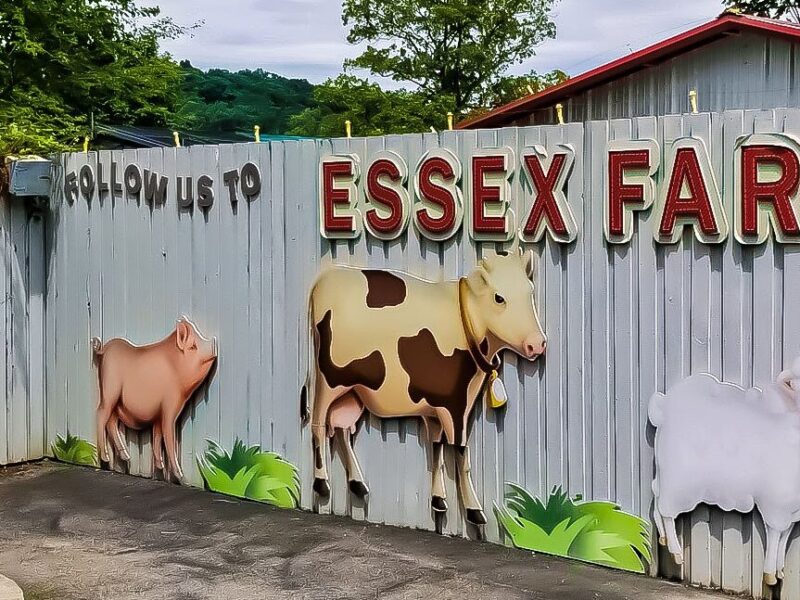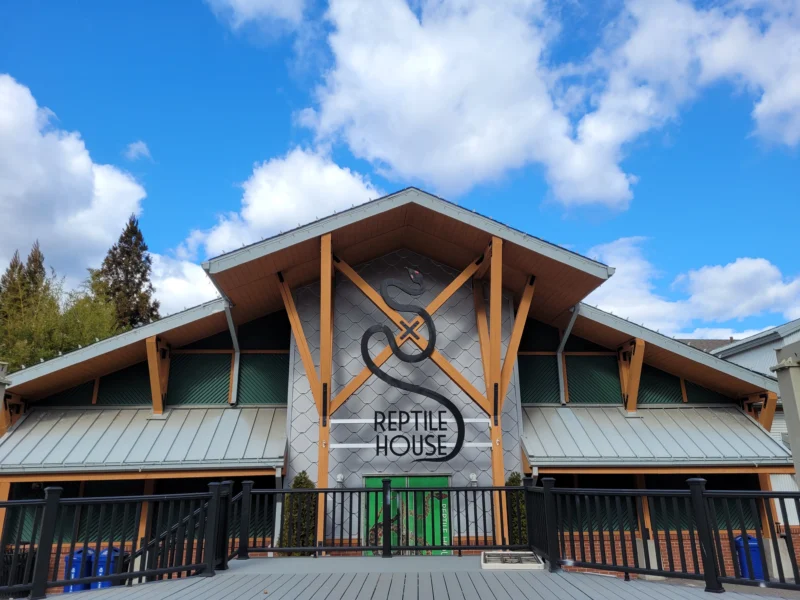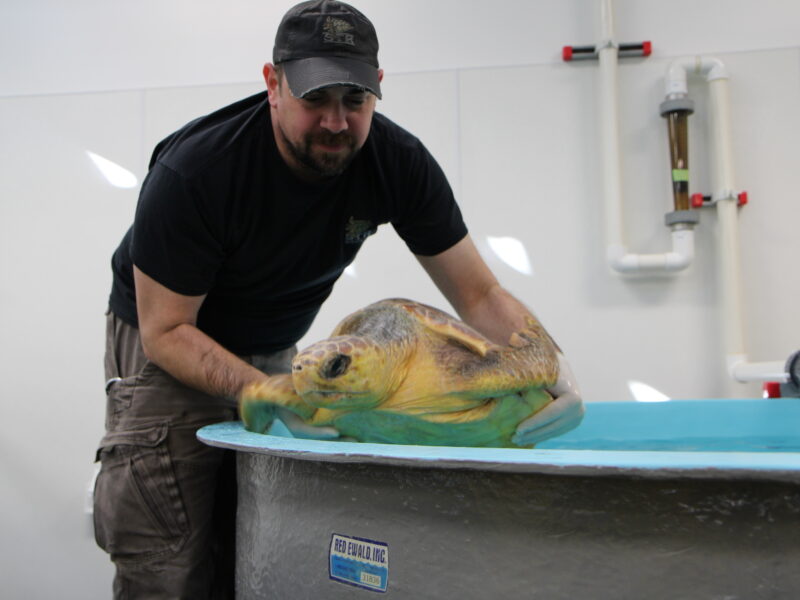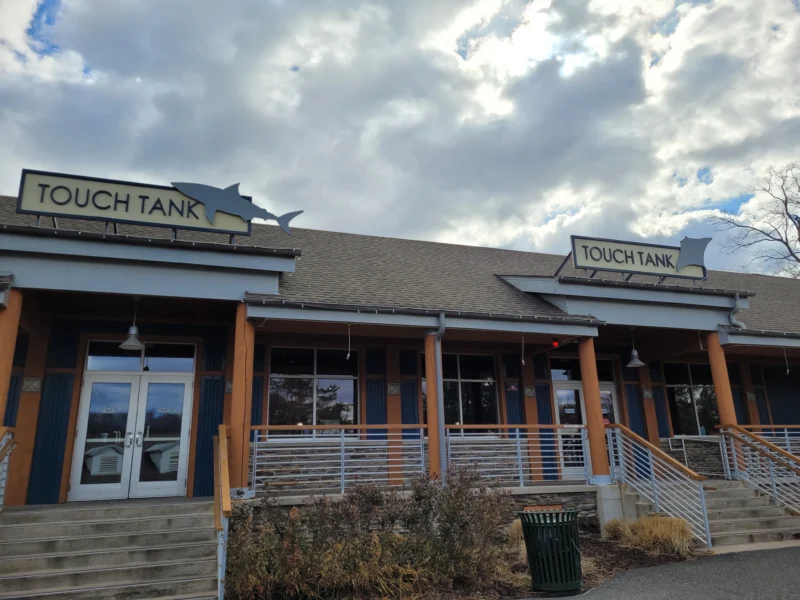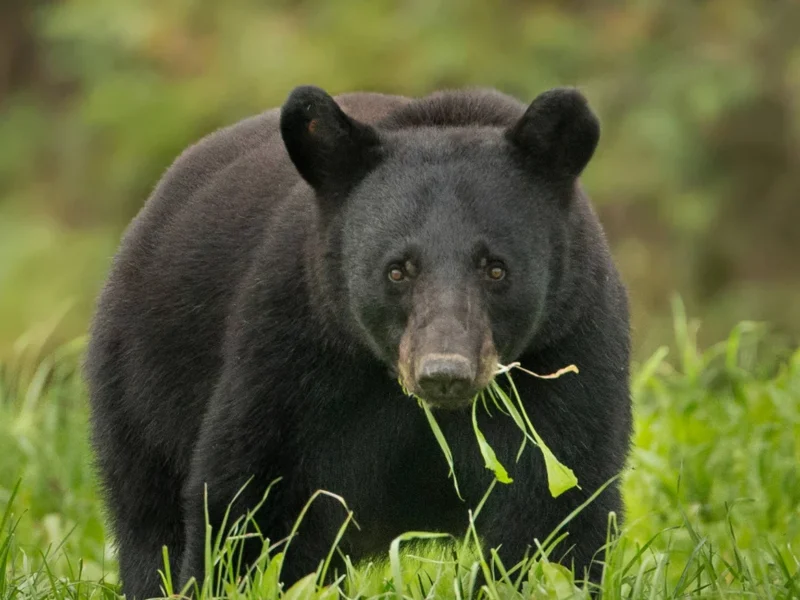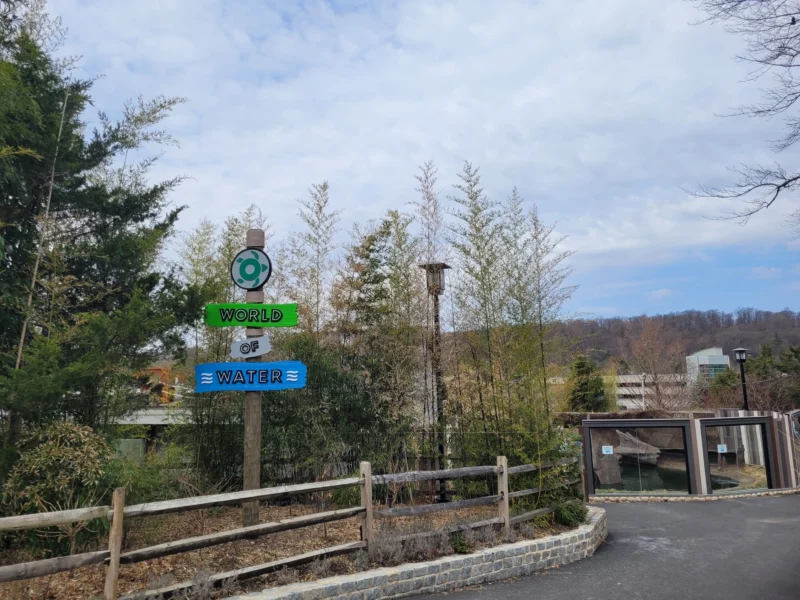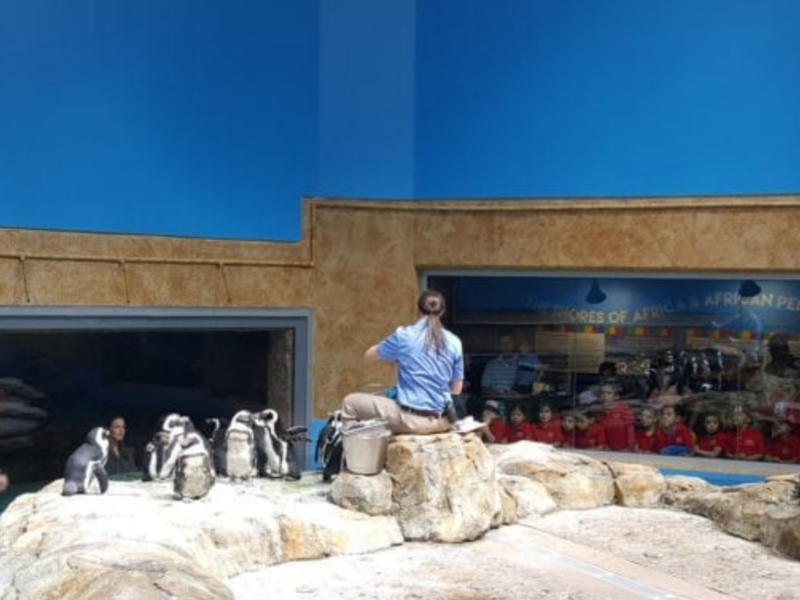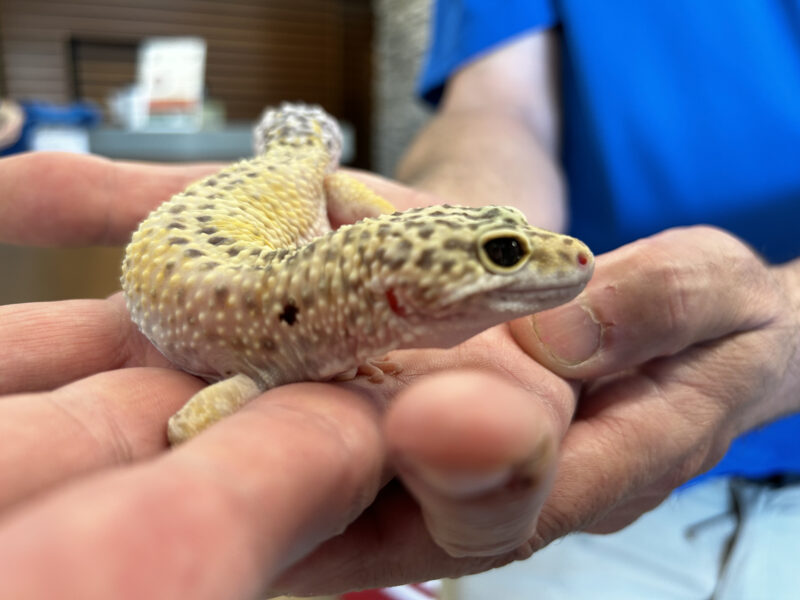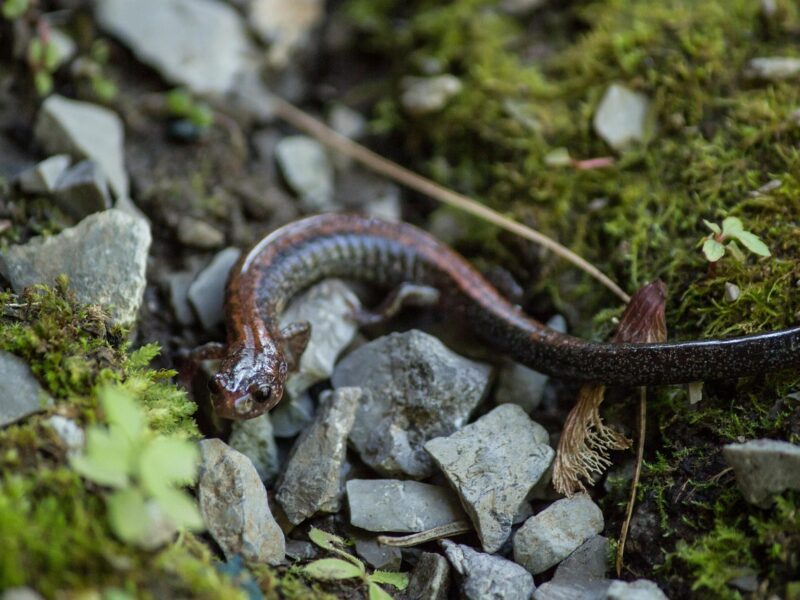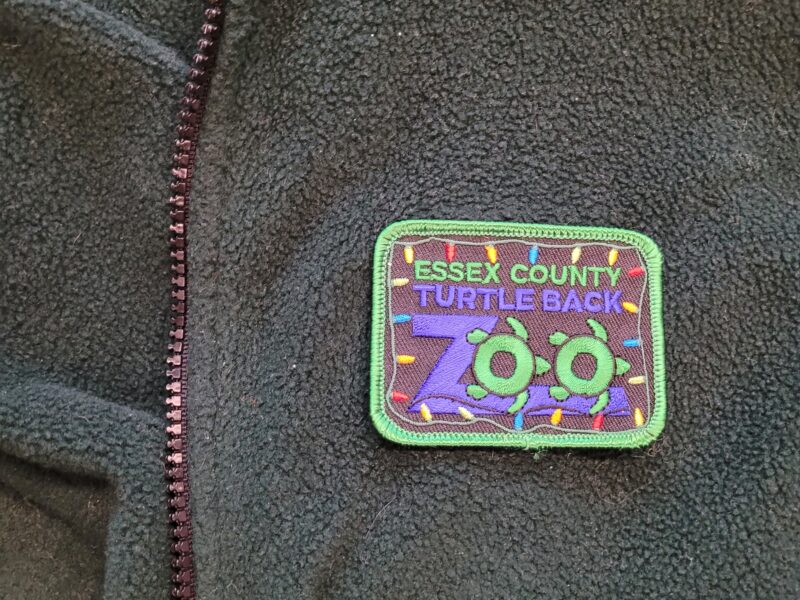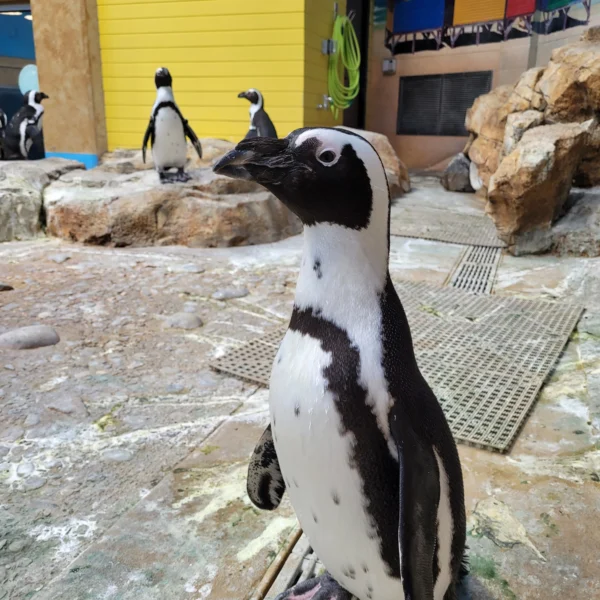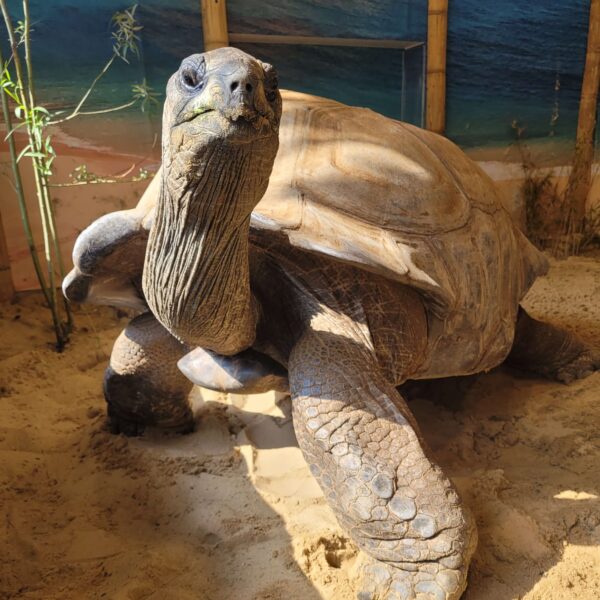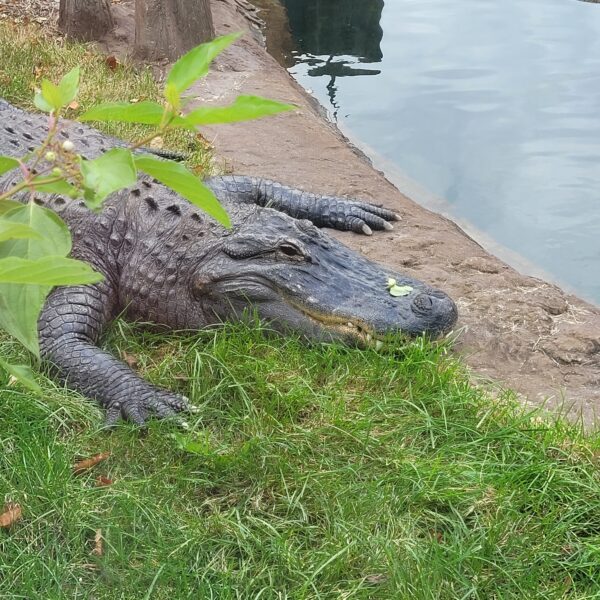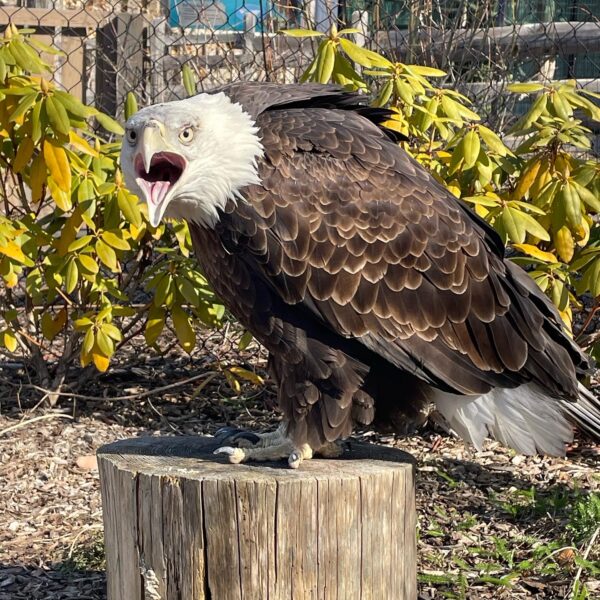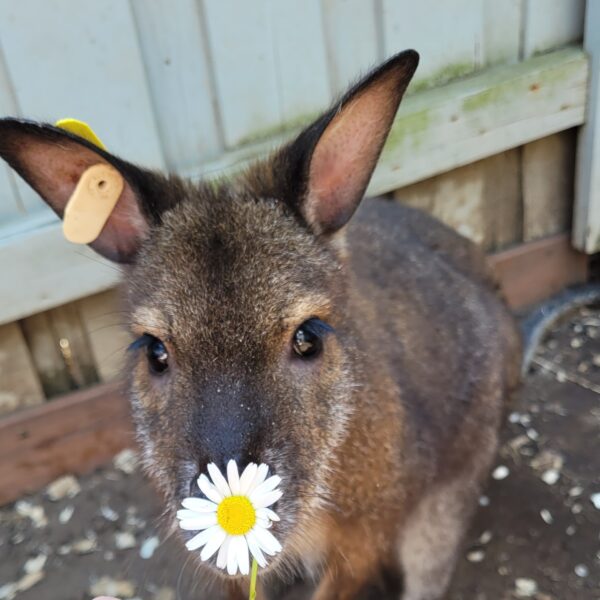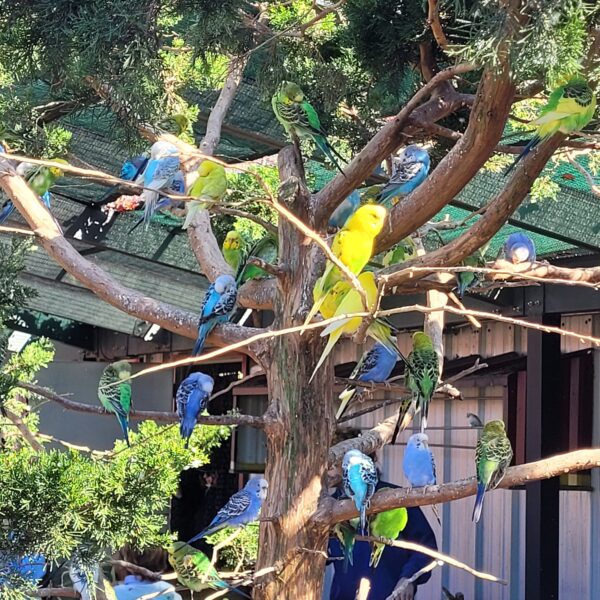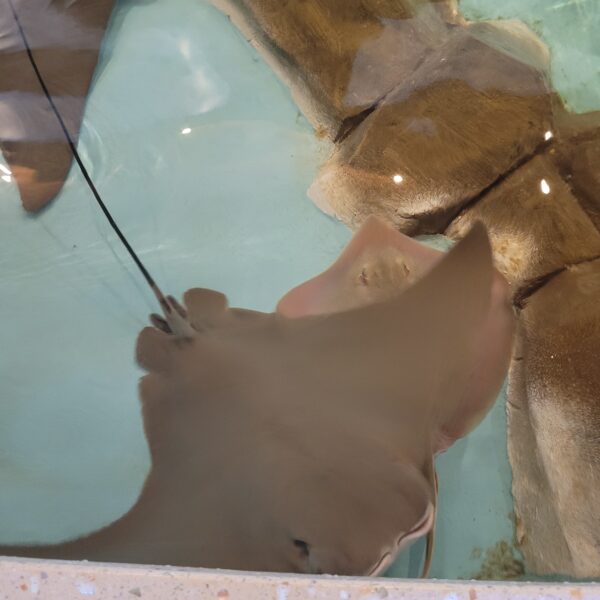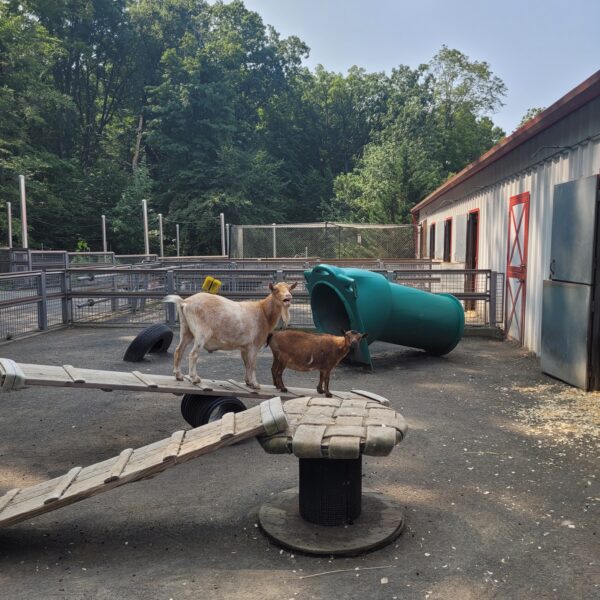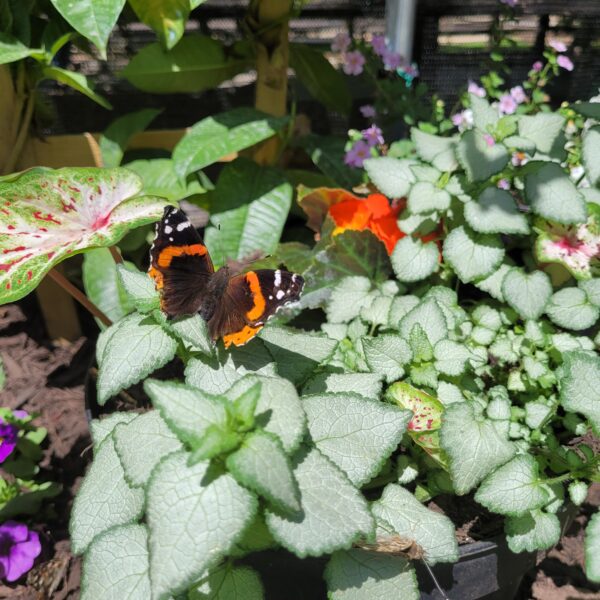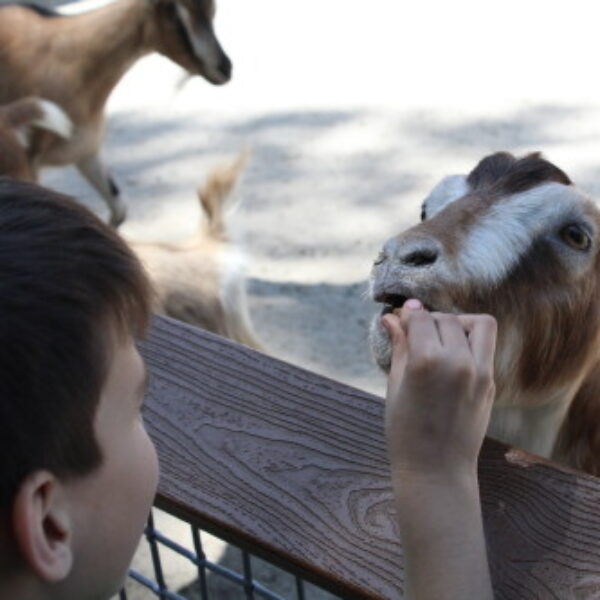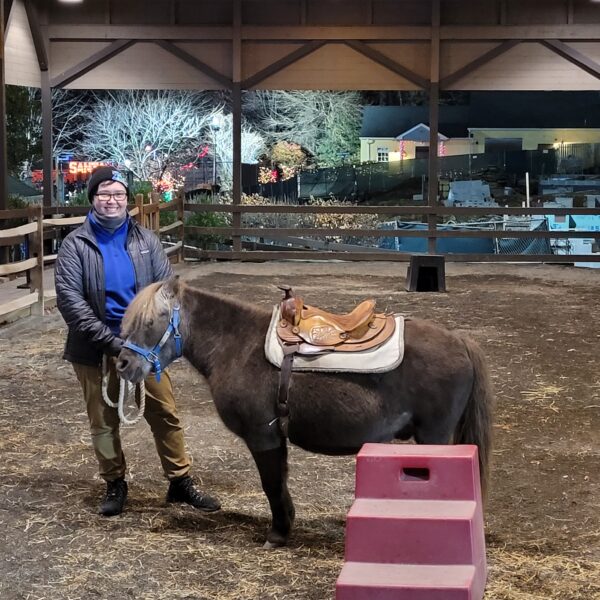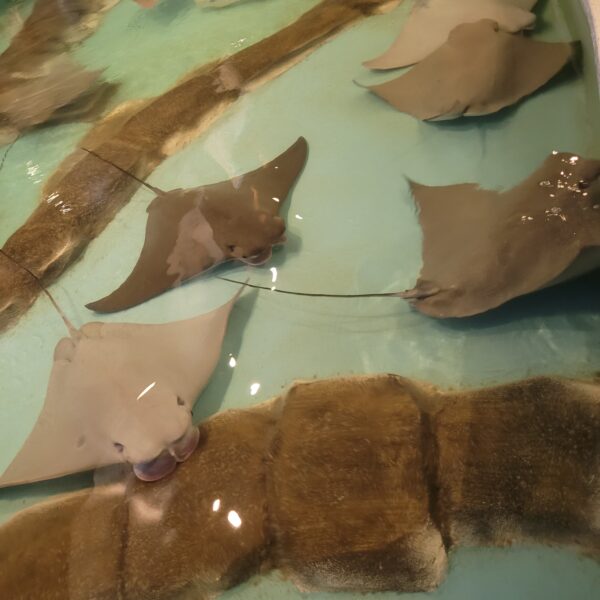Events
View all
From our smallest spider to the half-ton North American Bison in our Great Plains Exhibit, Essex County’s Turtle Back Zoo offers a look at more than 100 different species of native and exotic animals from five continents. Get up close and personal with our animals at our Essex Farm Petting Zoo, and don’t forget to take a tranquil ride through South Mountain Reservation on our miniature train. Come back often as we constantly are adding new and exciting natural habitat exhibits for our animals. Whether you spend a day or an afternoon, Turtle Back Zoo is a special place where children and their families can learn about animals and gain appreciation for nature. I invite you to Experience Essex and Turtle Back Zoo.
Joseph N. DiVincenzo, Jr.
Essex County Executive
About The zoo
For over 60 years, we have been inviting people to explore animals and habitats from around the world at their local zoo.
Learn More

+
 Animals
Animals
+
 Number of guests
Number of guests
+
 Special Exhibits
Special Exhibits
🎥Zoo Movie Nights are back for the summer!
Catch a movie in the zoo Wednesday nights in July. Zoo admission is required to view movie. Films begin at 6pm in the Zoo Picnic Area.
🎬2025 lineup:
July 2 | Disney Nature Penguins
July 9 | Moana 2
July 16 | Paddington in Peru
July 23 | Mufasa
July 30 | Penguins of Madagascar
🎉Zoo-vies are part of Family Fun Nights, featuring extended zoo hours Wednesdays & Thursdays till 7pm (off grounds by 8pm) in July & August. All Zoo Admission Tickets are $12 per person between 4pm - 7pm.
Jun 30

SUMMER ➕ZOO ➕ LATE HOURS ➕ $12 admissions = Zoo Family Fun Nights!
The Zoo has extended summer Evening Hours till 7pm on Wednesdays & Thursdays in July and August. All Zoo Admission Tickets are discounted to $12 per person between 4pm - 7pm. No need to bring snacks, our Café will be open for food and drinks. 🍕🍿🍦🍺
🎬Wednesdays in July once again feature Movie Nights starting at 6pm in the Picnic Area
🆕 August 7th is a Sensory-Friendly Family Fun Night
Jun 29

🎉 The Brew at the Zoo fun doesn’t end at 9PM!
Join us right next door at McLoone’s Boathouse for the official After Party, kicking off at 9:00PM! No reservation needed!
🍺 Birdsmouth Beer will be on tap and ready to pour. Even better? For every Birdsmouth pint ordered, McLoone’s will donate $1 to support our mission. Drink good, do good!
Let’s raise a glass to a great cause and an unforgettable night! Learn more about Brew at the zoo at www.tbzbrew.com!
Jun 26

If you needed another reason to come to the Essex County Turtle Back Zoo this summer, these chicks are it. 🐣Our emu hatchlings are currently on display in the nursery of our all-new Barry H. Ostrowsky Animal Wellness Center! Come see these silly birds up close before they change from their fuzzy down feather stage.
You may think that emus and ostriches are extremely closely related, but the closest living relatives of emus are actually cassowaries! And you certainly won`t find our emus in our African Adventure with our giraffes and ostriches, because these birds are native to Australia.
Eventually, you will see these three emu siblings in the Australian Outback with our mob of wallabies but catch them now before they`re all grown up - you won`t regret it!
Jun 26

The Zoo will be closing early on Saturday, June 28, 2025 for Brew at the Zoo, a fundraising event to benefit Turtle Back Zoo and the Zoological Society of NJ. The last admission into the Zoo will be at 1PM with a closing time of 2PM.
We thank you for your understanding and look forward to your next visit to the Zoo.
Jun 24

Visiting the Zoo in the summer heat? You may notice animal habitats with sprinklers on, ice or other treats (like watermelon) out, doors open to indoor spaces where animals may not be viewable, as well as staff walking around monitoring behaviors. Or if you’re Peaches, our American alligator, you just enjoy when Jersey feels a bit more like Florida.😎
Here are some things to think about when the temperatures get high:
💧Hydrate: You can bring your own food and drink into the Zoo, but our Savanah Café is also a great place to grab a drink, cool off, and take a break.
⛲Misters: A little water adds fun while cooling you down.
🍧Ice Treats: Our Kona Ice truck is delicious any day of the year but tastes extra nice on a hot day! Located near the Train.
💺Take Breaks: There are benches and picnic tables throughout the park, so be sure to take some time to rest.
🚪Indoor spaces: Our Reptile House, Touch Tank and Shores of Africa are all exhibits to see animals while getting out of the sun.
🌡Watch out for each other: Watch out for signs of distress. Find a staff member or go to Guest Services if you need medical assistance.
Jun 23

🎇 Species Spotlight Sunday
Meet: Sugar
▶️ Cownose ray (Rhinoptera bonasus)
▶️ IUCN Conservation Status: Vulnerable
Cownose rays span the entire East Coast from New England all the way down to Brazil. They are cartilaginous, meaning that their skeleton is not made of bone, but rather cartilage like our noses and ears, and their tails and stingers are made of keratin like our hair and nails. They possess an organ that allows them to sense electrical fields, which helps them hunt for prey hidden along the seafloor.
You can recognize Sugar from her extremely pale coloring and her large size. She was born here at Turtle Back Zoo on June 19th, 2016 (happy belated birthday Sugar!🥳), to our cownose ray Tsunami, and has grown up loving the attention she gets from folks at the Touch Tank, so be sure to say hi to her on your next visit!
📸: Sugar underwater, action shot of Sugar with one fin out of water
Jun 22

Happy World Giraffe Day! Today we are celebrating the tallest mammal, GIRAFFE! 🦒
All nine subspecies of giraffes have become increasingly rare to find in the wild due to the advance of human infrastructure in their wild habitats, the threat of global warming, and even poaching on occasion. These gentle giants are "ecosystem engineers", meaning that their presence is crucial to the rest of the creatures who live around them. Even by just walking around, giraffes will change the landscape around them and create pathways for other animals to follow, eating leaves along the way, allowing new life to grow. And it is incredibly important for them to remain in the wild to continue carving the path for other species.
Luckily, there are many conservation efforts around the globe that are working to bring the population of giraffes back to its former glory. Organizations such as the Giraffe Conservation Foundation (GCF) work tirelessly to initiate conservation efforts with various African governments. They have reclaimed 12 million acres of land in Africa for the giraffe to roam safely in! Here at Turtle Back Zoo, we are part of Giraffe Saving Animals From Extinction (SAFE) and the Giraffe Species Survival Plan (SSP). SAFE programs are largely created to facilitate collaborative efforts to keep a species` current habitat as protected as possible, whether that be sending experts to research protection plans, or even just spreading awareness about a species being endangered. SSPs focus on zoos and aquariums more specifically, trying to keep populations alive within the Association of Zoos and Aquariums network so that some of a species remains even if they can no longer be found in the wild. This occurs by finding good genetic matches of a species in various zoos and then sending them to a facility together to hopefully breed a new generation.
If you`d like to learn more about giraffes and the conservation efforts that are going on globally to protect them, stop by our table by the giraffe exhibit in the African Adventure section! We hope you come to celebrate World Giraffe Day and this amazing species with us.
Jun 21

We are partnering with the @somersetpatriots to offer exclusive discounts on select home games this summer! Gather your friends and family and enjoy a great game at a special price.
Mark your calendars for these exciting match-ups:
🎉 July 12th – 7:05 PM vs. New Hampshire Fisher Cats (FIREWORKS NIGHT!!!)
🎈 August 3rd – 5:05 PM vs. Richmond Flying Squirrels (KIDS RUN THE BASES!)
🎟️ Don’t miss out! Tickets are limited—secure yours today for an unforgettable time!
👉 Purchase Discounted Tickets: link in our bio!
Let’s play ball! ⚾
Jun 20

We are ready to ROAR! Grab your tickets now (or the night of at the Zoo) for this Saturday, June 21st Family Pride Night at the Zoo from 5:30pm - 8:30pm. Enjoy a walk around the zoo in the cooler evening temps to see all the exhibits with some fun decorations! 🌈 Make sure to stop by the amphitheater for a dance party 🥳
To purchase tickets, use Link in Bio.
Jun 19







 Adult (13 and over) $22.00
Adult (13 and over) $22.00

 6 Experiences
6 Experiences  5 Attractions
5 Attractions 
 560 Northfield Ave,
560 Northfield Ave,





